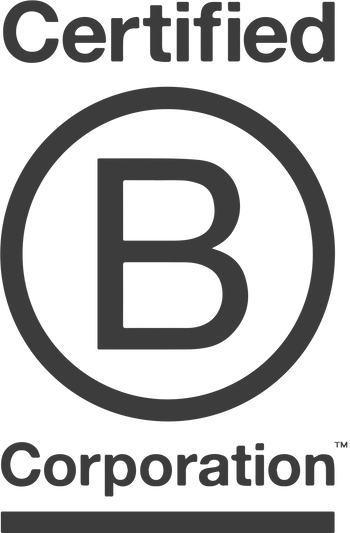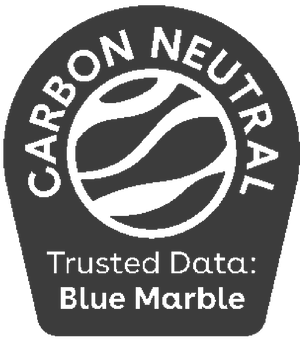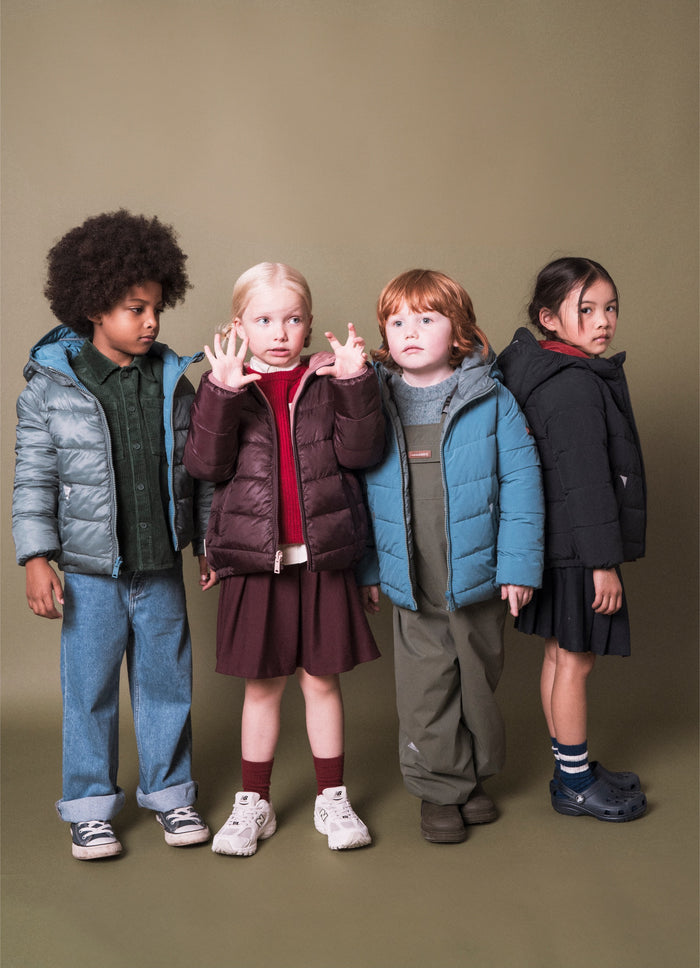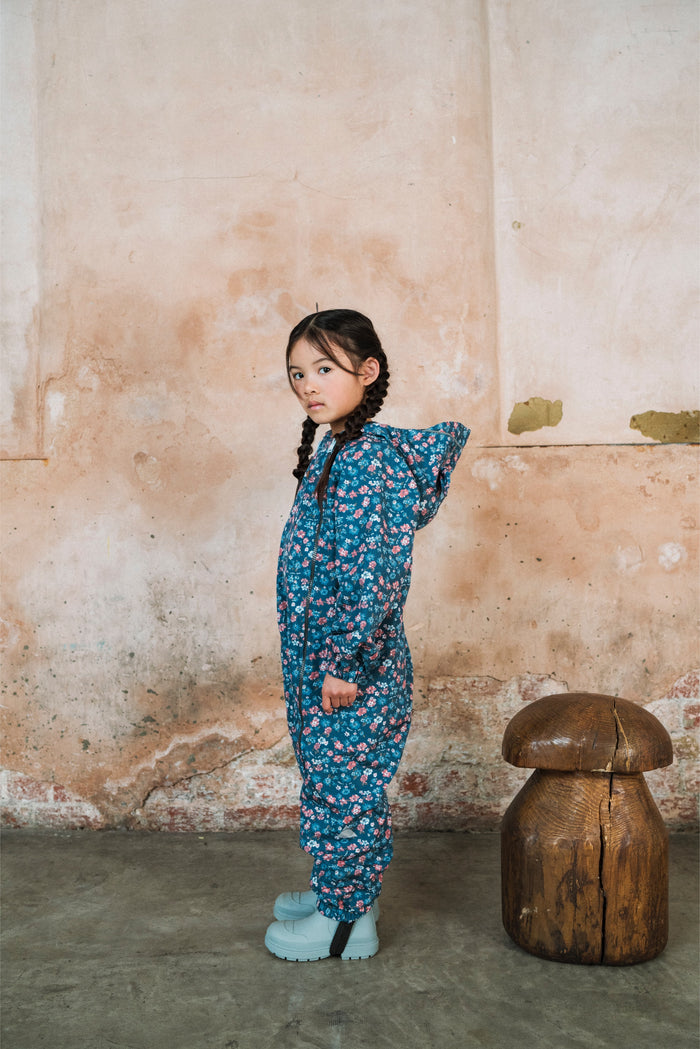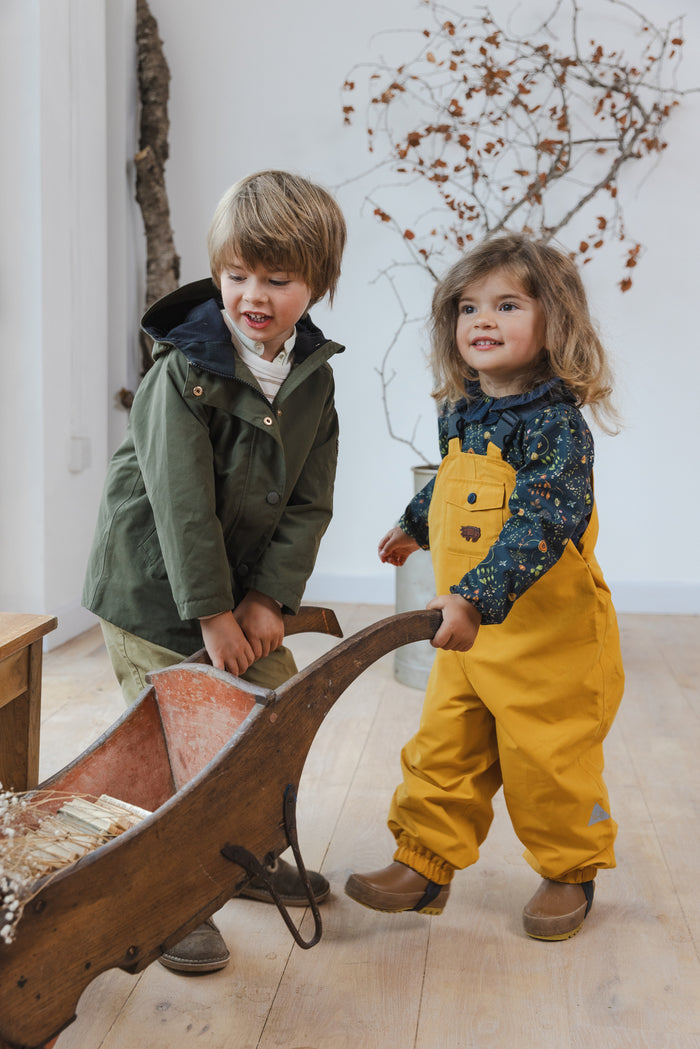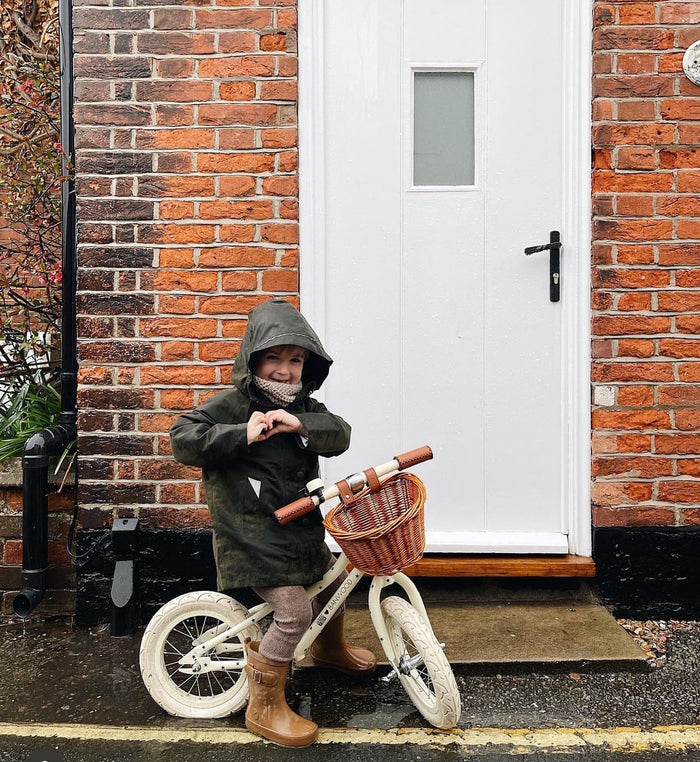"Water and air,
The two essential fluids on which all life depends,
Have become Global garbage cans."
JACQUES YVES COUSTEAU, OCEANOGRAPHER
Plastic pollution in our oceans is more subtle and suffocating than we previously thought.
The 'Great Pacific Garbage Patch' or 'Pacific trash vortex' as it's known, is one of the most horrifying and sobering sights. Visible from space, this floating mass of rubbish is a physical embodiment of the damage caused by human habitation on earth. Researchers from the Ocean Cleanup Project claim the patch covers 1.6 million square kilometres. An estimated 80,000 metric tons of plastic inhabit the patch, totalling 1.8 trillion pieces. 92% of the mass in the patch comes from objects larger than 0.5 centimetres, while 94% of the total objects are represented by microplastics. These are the silent killers. Capable of absorbing toxic chemicals, they are consumed by fish and animals alike, and in turn, through the food chain, consumed by humans.
Microplastics are largely microscopic pieces of plastic that pollute our environment. They can be the product of a pieces of plastic that have been naturally weathered down from a larger piece of plastic, but also refer to microbeads and plastic pellets which are frequently derived from cosmetics, and microfibres, synthetic fibres smaller in diameter than a strand of silk, which are released from our clothing.
Every time we wash an item which has been made using synthetic fibres, we release microfibres back into our waterways.
The knock on damage and effect that is caused is staggering. Illustrated below, you can see that microfibres not only enter our waterways, but infiltrate back into our diet.

This is where the Guppyfriend Washing Bag comes in. We recommend every customer buying a Töastie raincoat or puffer jacket considers purchasing a Guppyfriend bag. Töastie are staunchly committed to evolving into a brand with sustainability and eco-friendly considerations at its core. We do not claim to be perfect and we have without doubt a long way to go, however we make conscious decisions at every stage from design through to delivery, to do things the right way for our environment.
Created by a group of surfers and skateboarders who love the sea and the environment, they set out to make sure they could minimise their impact on the world. They are passionate about recycling and repurposing clothes and shoes, and try to make their skateboards and surfboards from reclaimed wood. Where things have to be new, they endeavour to make sure they’re completely sustainable and recyclable. The Langbrett Group have become influential ‘eco warriors’ all around the world and their contribution of the Guppyfriend is the first eco-friendly solution to harnessing microfibres before they are released back into the waterways.
“The Guppyfriend Washing Bag is only a first step towards a holistic solution to microfibre pollution. Not more. Not less. Our overconsumption needs to change radically, and new materials, manufacturing techniques, clean washing machines and more effective sewage treatment plants need to be developed. This might take a while. Until then your Guppyfriend Washing Bag is a practical and effective way to reduce plastic pollution in our rivers and oceans.”
FOUNDERS, LANGBRETT
Double-stitched seams, and a soft baffle inside the zip closure, catch and hold onto any fibres that are released from clothes when you’re washing them – especially important when washing any man-made fabrics. So when you extract the clean washing to hang on the line or pop onto an airer, you can gather up all the little fibres that have been collected in the corners and seams of the bag, and dispose of them in a way that won’t harm the planet.
If enough people make small changes and choices such as introducing something as straightforward as a Guppyfriend Washing Bag into their daily routine, we can limit the damage we are all individually making.
Be the ones that make the difference, Tiny Explorers.
